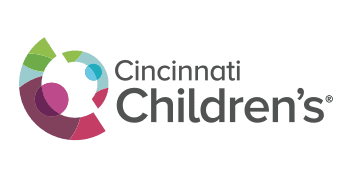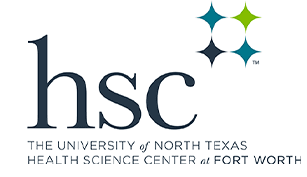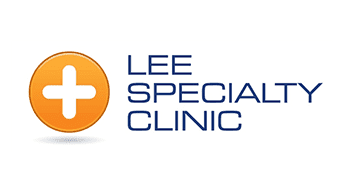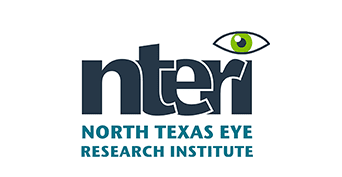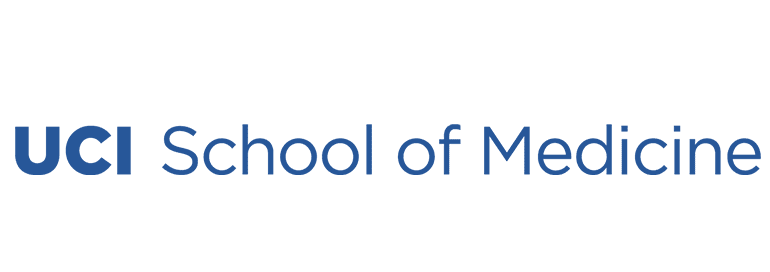Fulfilling
potential.
Fueling
Breakthroughs.
The DownSyndrome Achieves Biobank is a repository for biosamples donated by people with Down syndrome and their immediate biological family members. The DSA Biobank is housed at Cincinnati Children’s Hospital Medical Center.
The DSA Biobank will ultimately hold the largest collection of blood and other donated biological materials from people with Down syndrome and their families ever available in one central location, accessible to all researchers interested in understanding more about Down syndrome and health conditions related to the 21st chromosome. Until now, researchers have been slowed by a lack of access to large pools of data and biological samples. Having the DSA Biobank will change all that.
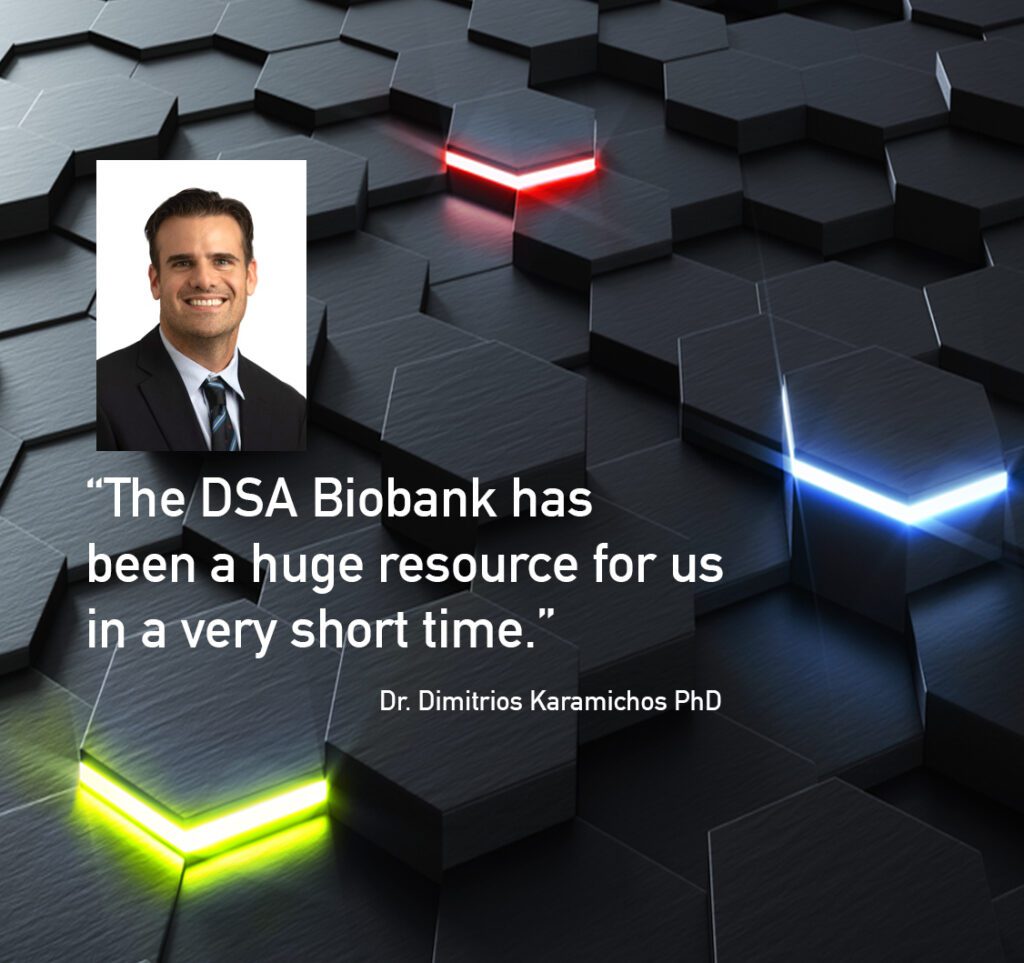
Frequently Asked Questions
What samples are you collecting and why?
We are collecting many different types of biospecimens. Among these samples are blood, saliva, tears and feces. Biospecimens derived from blood are some of the most in demand samples that researchers need. Each type of biospecimen allows a researcher to perform a different type of assay. Blood samples are often the most used biospecimen for researchers but other biospecimens such as tears, saliva, and feces allow researchers to investigate other questions blood samples cannot.
Where is the DSA Biobank located and how is it managed?
The DSA Biobank is located at Cincinnati Children’s Hospital Medical Center which has more than 15 years of biobanking experience. The CCHMC Discover Together Biobank manages and processes all samples collected and donated to the DSA Biobank.
Who is eligible to participate?
Any person with Down syndrome and their immediate biological family member (mother, father, sibling) may participate in any of our ongoing studies or contribute a blood sample for future studies. Sample provided they, or their guardian, consent to participate.
Is there a cost for the visit or blood draw?
There is no cost to you for donating your blood sample to the DSA Biobank.
Where do I go to donate a blood sample?
We currently offer two options for participants to donate a sample. Participants may visit one of our participating locations in person or schedule to have a member of our team to visit them in their home.
We encourage participants to please call (614) 362-3441 or email dsaBiobank@downsyndrome-achieves.websitepro.hosting to explore which option is best for them.
What are the benefits of biobank research?
Biobank research allows for the proper storage of biospecimens collected from participants. Stored samples are collected and sent to researchers to help enable their studies in understanding causes of human health and diseases. benefits of biobank research Allow us to collect samples over time and send samples to researchers in bulk instead of one sample at a time. Biobanking allows for samples to be collected and stored to save time for researchers seeking samples for their studies.
Why is biobank research important?
Biobank research is important because research often works better when researchers from many different places work together and use information from many different people. Biobanks store and use information from large numbers of people that span from across larger cohorts. Biobanks help to enable research, support diverse collections of samples and reduce costs and time researchers would otherwise spend collecting samples on their own.
Does biobank research benefit the participants?
The purpose of biobank research is to help accelerate and enable research processes to be more efficient with time and money. Research in general will support to improve the outcomes of health in individuals over time. Some studies are able to be implemented quicker than others, depending on the nature of the study and the research question.
What kinds of health information are collected and placed in biobanks?
If a person decides to take part in the DSA biobank they will be asked to complete a self-assessment health questionnaire. This questionnaire is collected and matched with any biospecimens that the participant may donate to the DSA Biobank over time. The health questionnaire and sample submitted by the participant is deidentified and shared with the Research investigators eligible to receive samples from the DSA Biobank.
DOES THE DSA BIOBANK SHARE INFORMATION THAT COULD IDENTIFY ME OR MY LOVED ONE?
The DSA Biobank only shared deidentified information with researchers. Every research participant in our study is issued a Globally Unique Identifier or GUID. This is a pseudo-random number used to identify a user account and the information necessary to link your survey responses with the biospecimens collected. Though there is a risk that you may be identified through the biological results contained within your sample, the likelihood of this occurrence is rare and the likelihood it can be traced back to you is extremely small.
What if someone agrees to take part and later changes their mind?
Participants may email dsabiobank@cchmc.org at any time to remove their biospecimen and survey from our studies. Research participants have the right to withdraw from a study at any time. However, if health your biospecimen has already been shared with an Investigator, it may not be possible to retract information generated in that study if already done so.
where do i go if i have additional questions?
Please email dsaBiobank@downsyndrome-achieves.websitepro.hosting with any questions you may have.
